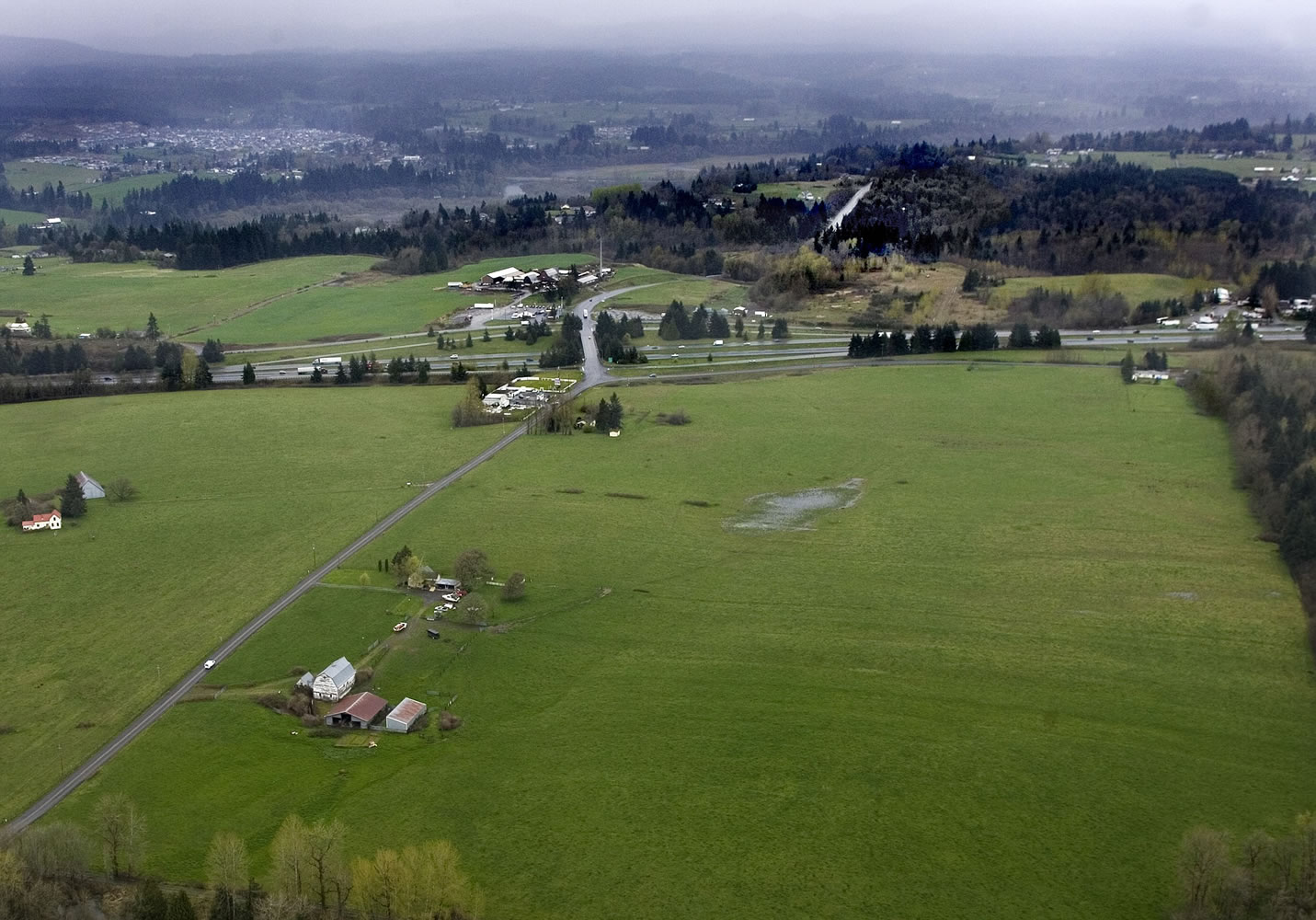In a pivotal development in a yearslong fight to build a casino in Clark County, the Cowlitz Tribe was notified Wednesday they’ll receive 152 acres west of La Center in January or within 30 days of a federal court ruling in their favor, whichever comes first.
Tribal Chairman William Iyall issued a statement Thursday, saying, “We have pressed on for 12 years in an effort to fully service tribal members with services and programs only available on trust land. On Oct. 22, the federal government issued a notice of their intent to acquire our proposed 152-acre reservation in Clark County into trust for the Cowlitz Tribe, providing our people with the same opportunities as other federally recognized tribes. This is a significant moment in Cowlitz history.”
The case remains pending in U.S. District Court in Washington, D.C.
Brent Boger, a Vancouver assistant city attorney, said he and other plaintiffs’ attorneys will likely ask the federal judge to order a stay, which would prevent the tribe from taking the land into trust until the case is settled. Wednesday’s development forces plaintiffs to put pressure on the federal judge to move the case along, Boger said.
Written arguments were filed months ago, but no court date has been set.
Sam Hirsch, an acting assistant attorney general, filed a notice Wednesday alerting the judge and plaintiffs that the Department of the Interior, one of the defendants in the case, “will acquire the approximately 151.87 acres of land in Clark County, Washington, in trust for the benefit of the Cowlitz Indian Tribe no sooner than the earlier of January 21, 2015, or thirty days after a court order granting summary judgment in favor of defendants.”




